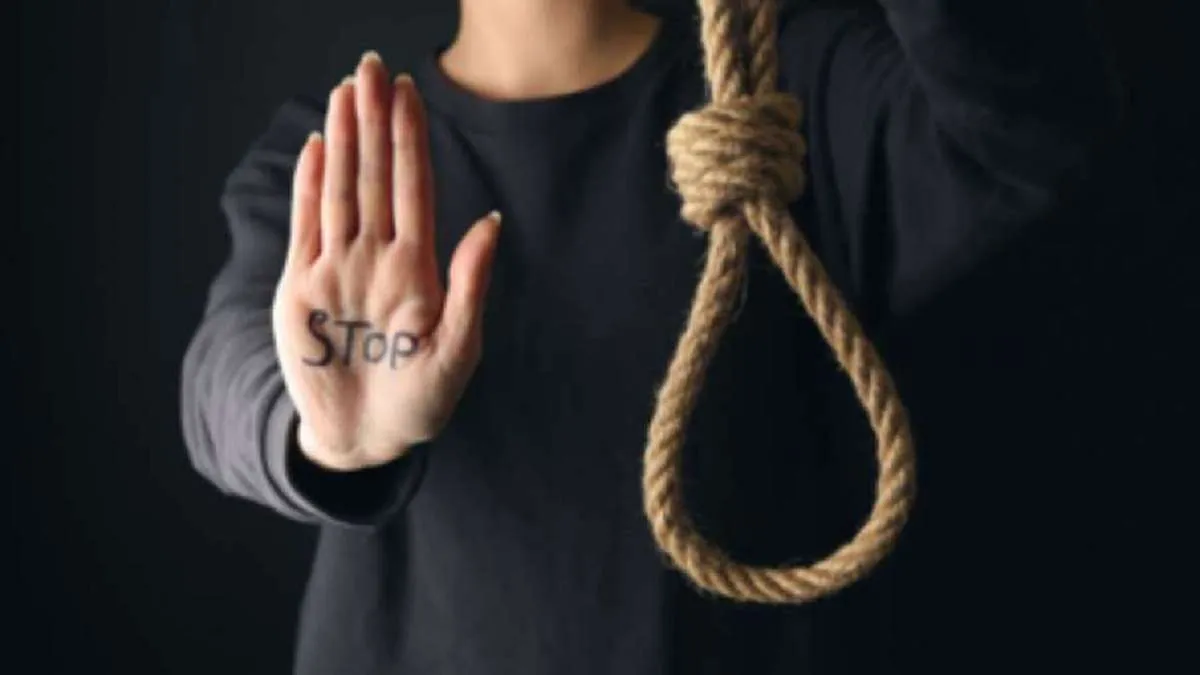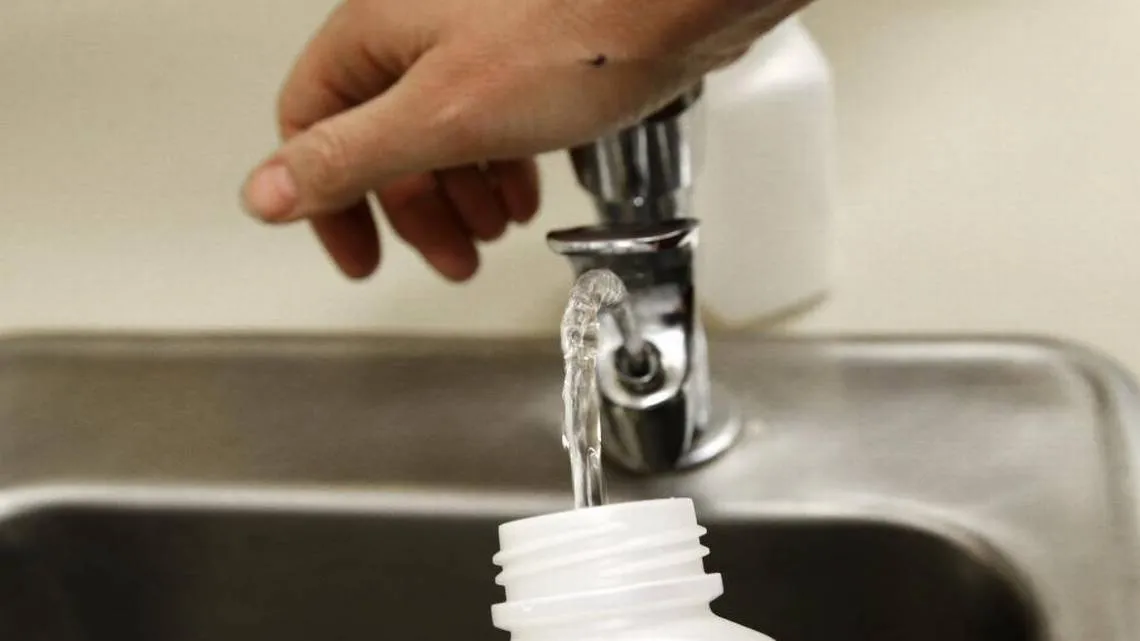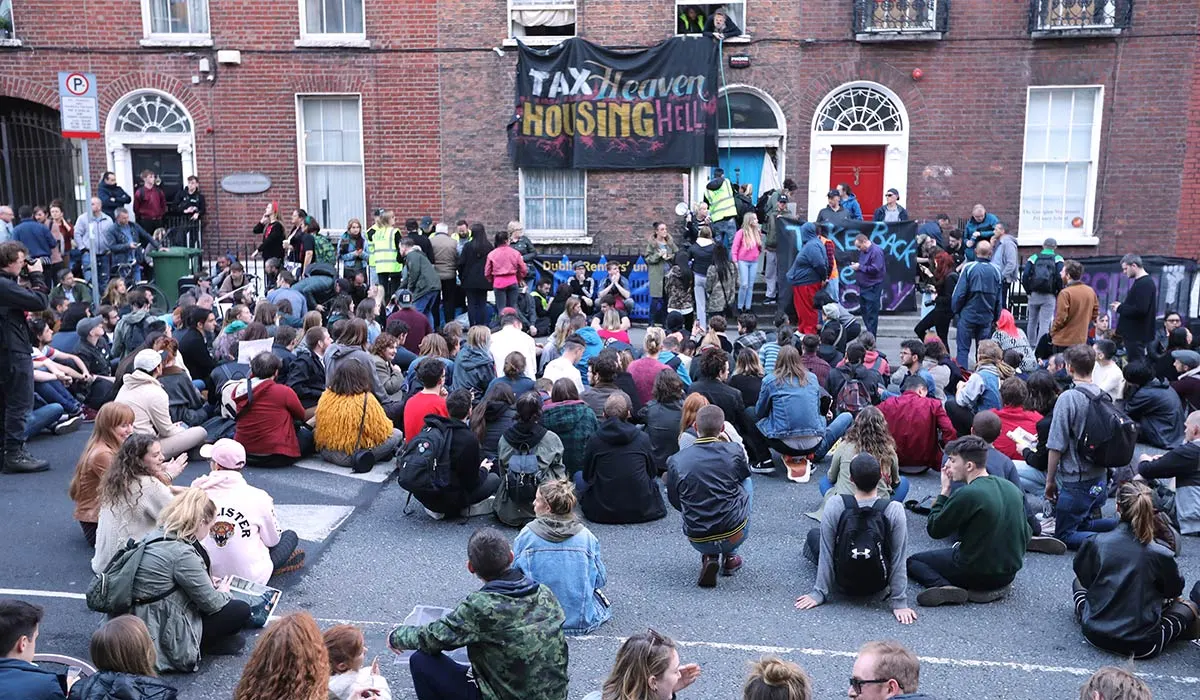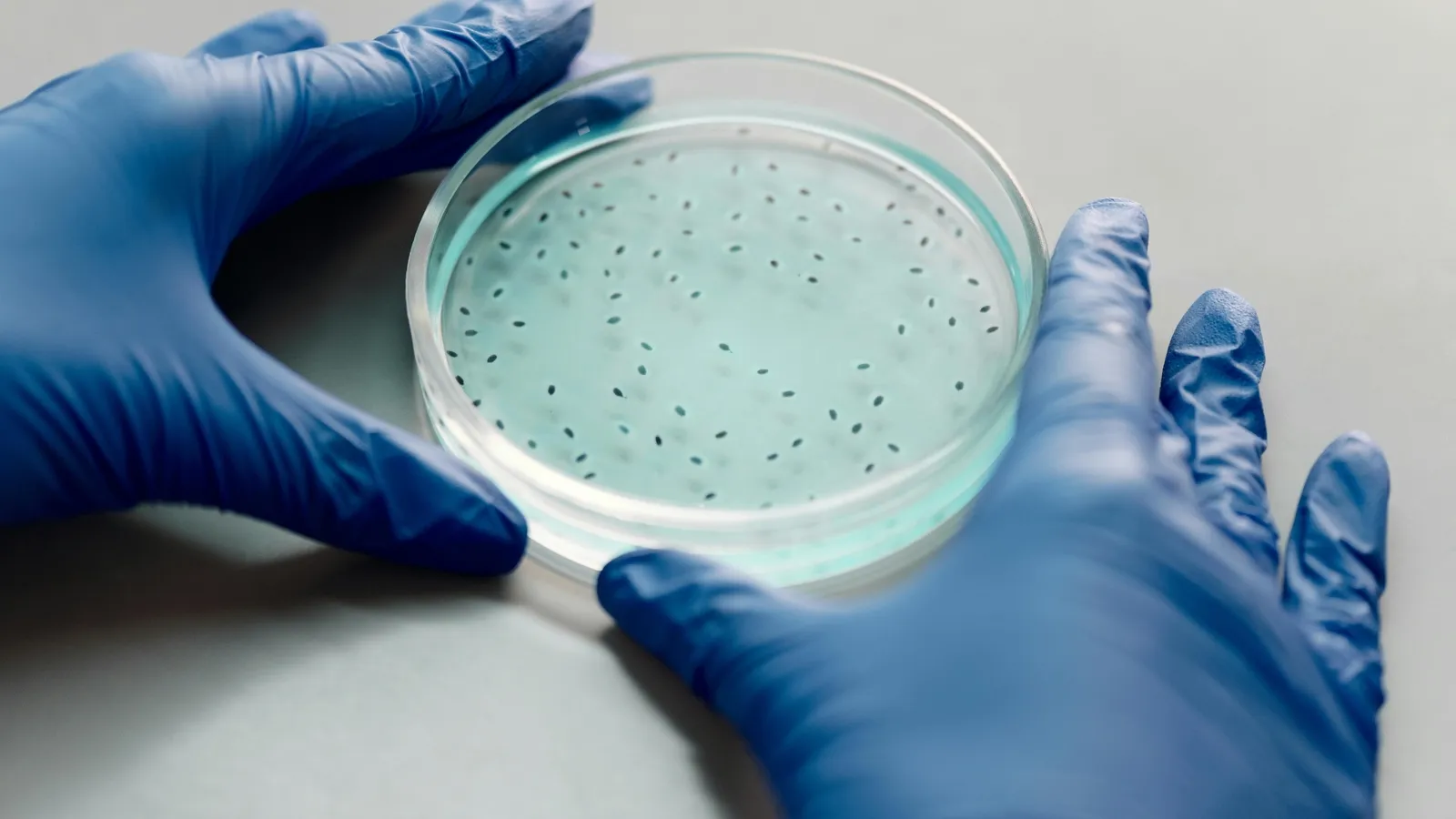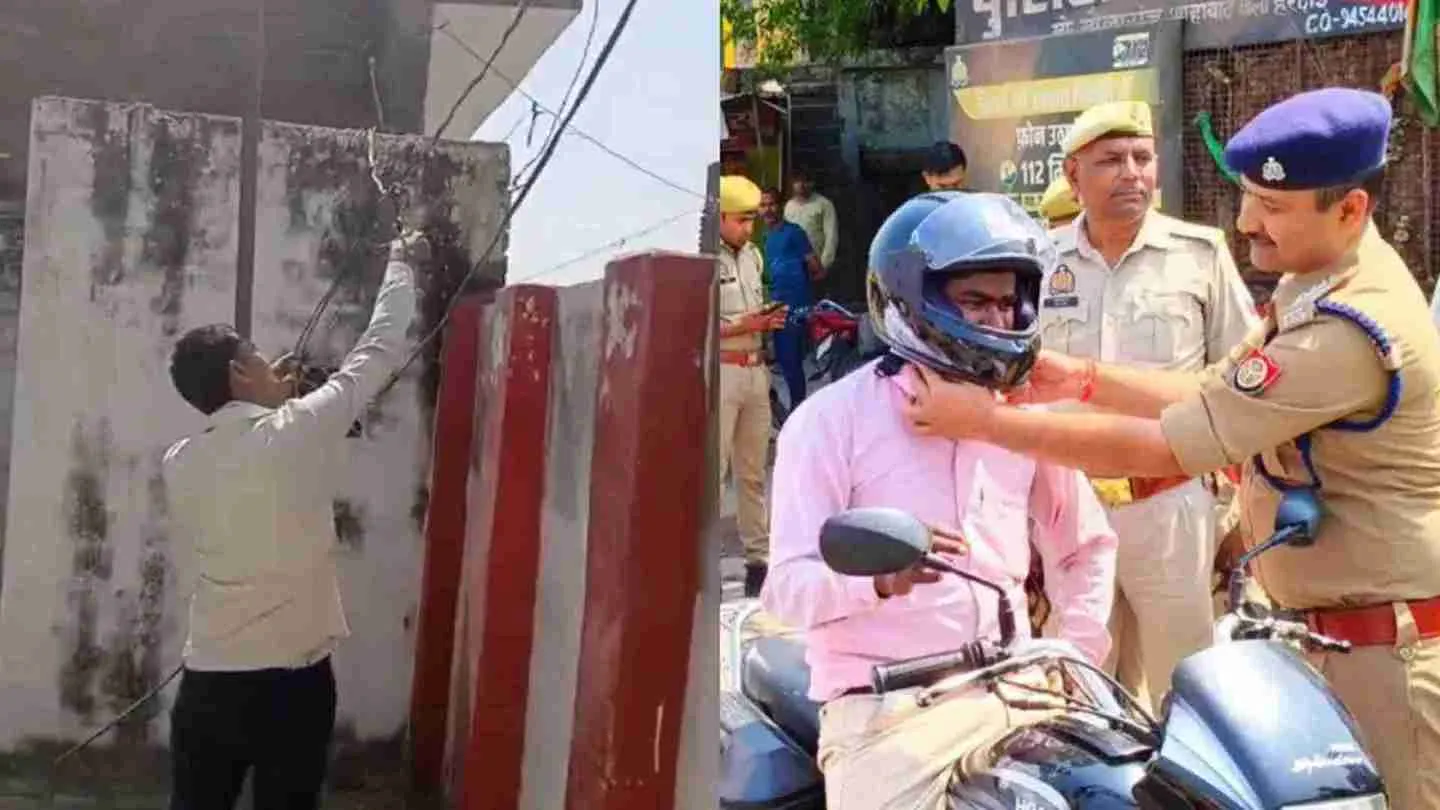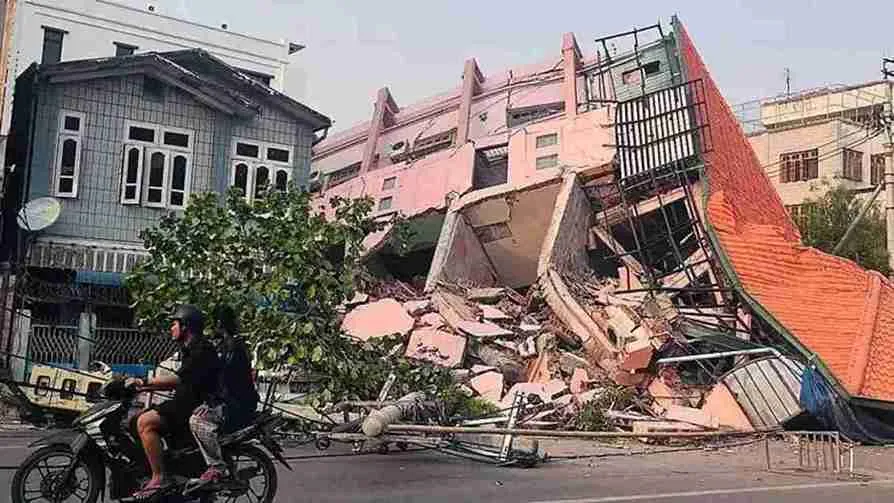The Indian government does not maintain centralized data on suicides among medical interns in government-run hospitals, Minister of State for Health Prataprao Jadhav informed the Rajya Sabha. However, multiple initiatives, including yoga modules, mentorship programs, and the National Tele Mental Health Programme, have been implemented to support medical students’ mental well-being.
Lack of Centralized Data on Medical Intern Suicides
Medical students, particularly interns, face immense stress due to academic pressure, long working hours, and emotional challenges in handling patient care. Despite rising concerns about mental health issues among healthcare trainees, Jadhav clarified that the government does not maintain official data on suicides committed by medical interns across India.
This revelation highlights a significant data gap, as many medical professionals have previously called for official tracking and reporting of such incidents to assess the magnitude of the issue and implement effective interventions.
Government’s Mental Health Initiatives
Although there is no official suicide data, the government has introduced various measures to tackle mental health challenges among medical students.
-
Mandatory Yoga Module
-
A 10-day yoga program has been made compulsory for all medical students.
-
Faculty members are encouraged to participate.
-
The initiative precedes International Yoga Day (June 21) and promotes daily one-hour yoga practice based on the Morarji Desai National Institute of Yoga module.
-
Yoga has also been included in the MBBS foundation course to help students manage stress and improve mental resilience.
-
-
Village Outreach Through the Family Adoption Programme
-
Medical students will be involved in community engagement through rural outreach programs.
-
The objective is to develop empathy, making them more mature and reducing stress.
-
This initiative also serves as an anti-ragging measure, fostering a sense of responsibility among students.
-
-
Anti-Ragging and Mentorship Programs
-
The National Medical Commission (NMC) has a dedicated anti-ragging cell to handle student grievances.
-
Colleges are advised to implement mentor-mentee programs, where senior faculty members serve as mentors to small groups of students to guide them through academic and personal challenges.
-
This measure aims to prevent mental harassment and offer emotional support.
-
National Suicide Prevention Strategy
The National Suicide Prevention Strategy (NSPS), launched in November 2022, aims to:
-
Reduce suicide mortality in India.
-
Improve mental health infrastructure.
-
Provide early intervention and counseling for high-risk individuals, including medical students.
Tele MANAS: India’s National Tele-Mental Health Programme
Recognizing the urgent need for mental health support, the government launched the National Tele Mental Health Programme (Tele MANAS) on October 10, 2022.
Key highlights of Tele MANAS:
-
53 Tele MANAS cells established across 36 states and Union Territories.
-
Toll-free helpline offers free, confidential mental health counseling.
-
Over 19 lakh calls received as of March 2024.
-
Tele MANAS Mobile Application launched on World Mental Health Day (October 10, 2024) to offer round-the-clock mental health support.
To increase awareness, all states, UTs, and national medical institutions like AIIMS and central government colleges have been asked to promote Tele MANAS among students.
Why Mental Health Support for Medical Interns is Crucial
Medical interns often work over 80 hours per week, balancing:
-
High-pressure work environments with life-or-death decisions.
-
Sleep deprivation and burnout from night shifts and heavy workloads.
-
Emotional distress from patient deaths and difficult cases.
-
Academic pressure to clear postgraduate entrance exams.
Without adequate mental health support, many interns suffer from anxiety, depression, and burnout, which can lead to suicidal ideation.
The Need for Suicide Data Tracking
While initiatives like yoga, mentorship, and Tele MANAS are positive steps, experts argue that without real-time suicide data, it is difficult to:
-
Measure the effectiveness of mental health interventions.
-
Identify trends and high-risk periods for medical students.
-
Allocate resources effectively to support struggling students.
The absence of official suicide data among medical interns raises concerns about government accountability in addressing mental health issues in healthcare education. While efforts like yoga programs, mentorship initiatives, and the Tele MANAS helpline are commendable, tracking suicide cases is essential to evaluate and improve existing interventions. Strengthening mental health awareness and support systems can ensure a healthier, more resilient generation of doctors in India.

